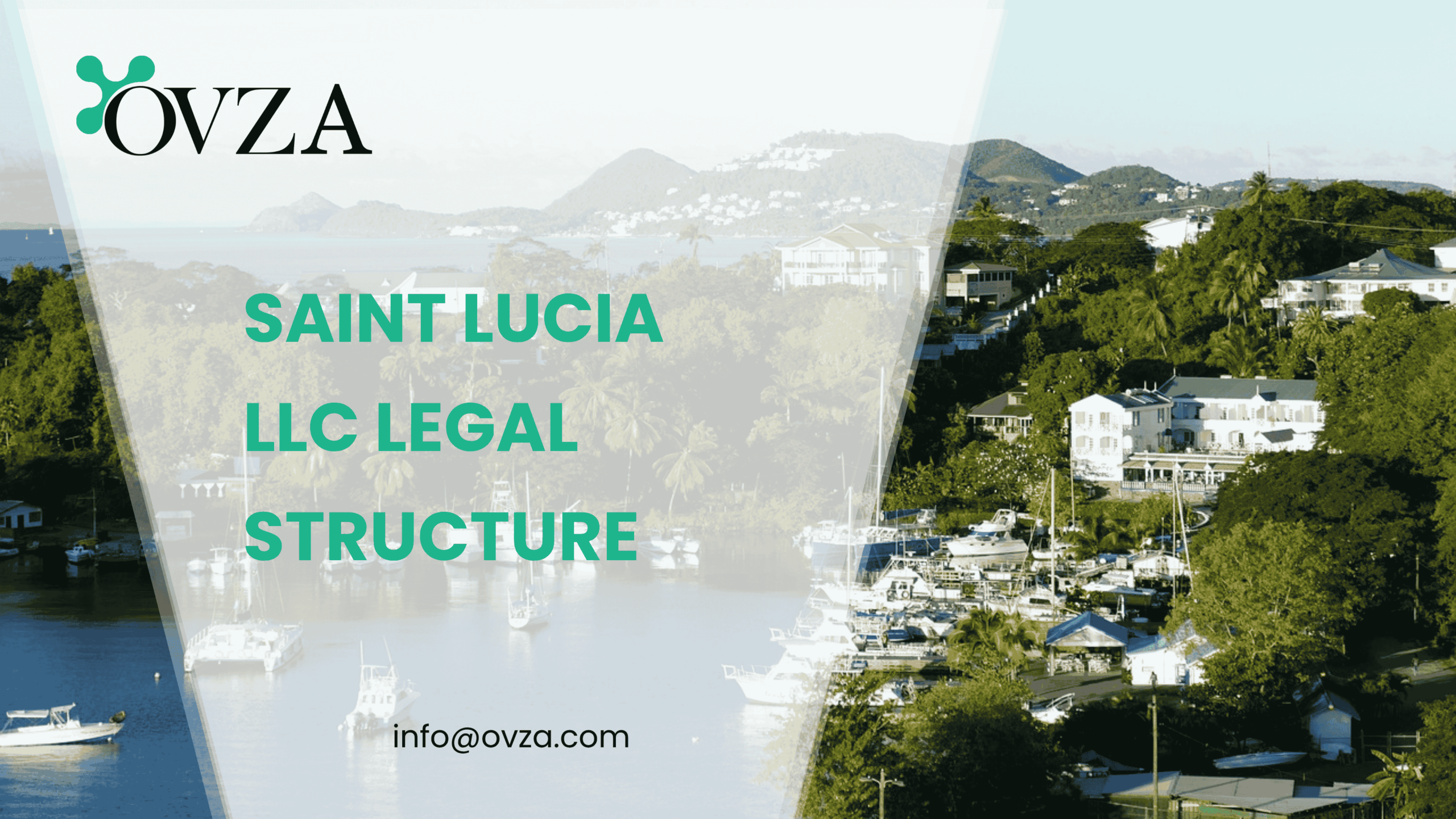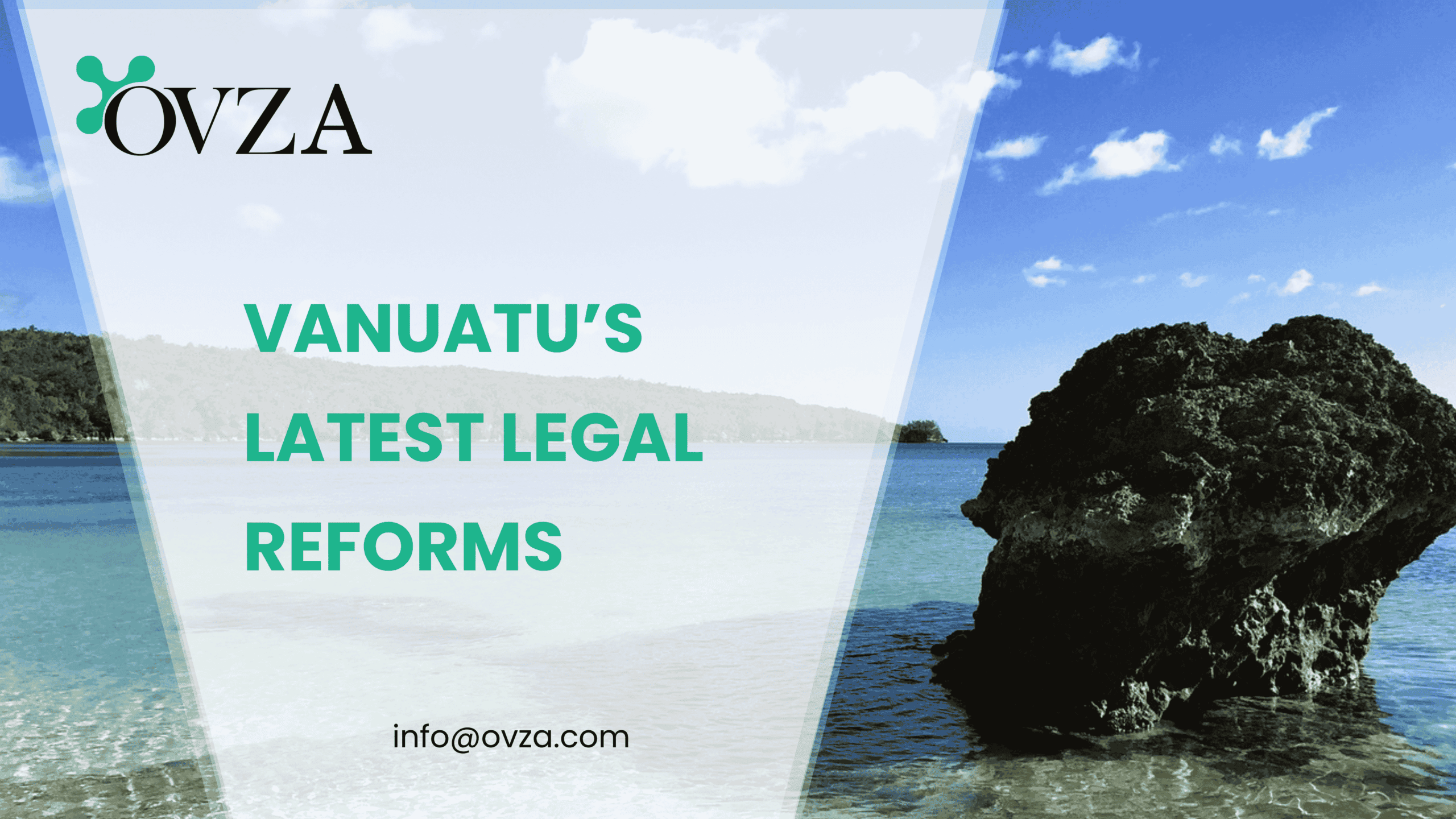The Marshall Islands Incorporation a legal framework for crypto businesses through DAO recognition and flexible LLC structures under its corporate law. The emergence of blockchain technology and the global adoption of digital assets have driven the demand for jurisdictions that support legally sound and innovation-friendly incorporation structures. As regulatory scrutiny increases worldwide, cryptocurrency businesses face complex questions about legal domicile, compliance obligations, and the corporate frameworks under which decentralized and tokenized activities can operate.
Within this evolving landscape, the Marshall Islands has gained attention as a jurisdiction offering tailored solutions for blockchain-native entities. With the enactment of laws recognizing Decentralized Autonomous Organizations (DAOs) as legal entities, and a corporate framework designed to accommodate decentralized governance, it provides a unique legal infrastructure for cryptocurrency ventures. Unlike traditional offshore centers that rely on legacy company models, the Marshall Islands has adopted a forward-looking legislative approach that addresses the structural needs of smart contract-driven operations and non-custodial platforms.
Jurisdictional Dynamics in Offshore Cryptocurrency Incorporation
The rise of digital assets as a global asset class has led to the expansion of regulatory frameworks that govern the formation, compliance, and operation of cryptocurrency businesses. Among emerging jurisdictions, the Marshall Islands has positioned itself as a noteworthy player for offshore incorporation, particularly in the context of decentralized finance (DeFi), tokenized assets, and digital exchanges. The jurisdiction’s legal framework, including its unique non-interference approach to decentralized protocols, aligns with the needs of crypto-native ventures seeking both legitimacy and operational freedom.
The Marshall Islands is governed under a compact of free association with the United States, and its legal system is derived from both common law and statutory enactments by its legislature. A major regulatory development is the Decentralized Autonomous Organization Act of 2022, which gives DAOs legal personhood under corporate law. This statute enables DAOs to incorporate as non-profit LLCs, a structure that allows blockchain-based governance while maintaining regulatory clarity. The act is among the first of its kind globally, placing the Marshall Islands ahead of other offshore jurisdictions like Belize, Seychelles, or Saint Vincent and the Grenadines in recognizing decentralized corporate governance.
The strategic selection of jurisdiction is critical when forming cryptocurrency businesses. While many jurisdictions—such as Panama, the British Virgin Islands (BVI), and Nevis—offer well-established corporate infrastructure, few have directly addressed blockchain-native legal structures. The Marshall Islands offers a rare combination of legal certainty and technological neutrality, especially beneficial to protocols engaging in non-custodial exchange, staking pools, or decentralized identity systems. Its corporate registry allows entities to operate without the need for a physical office in the country, while also supporting online registration and management—a feature increasingly mirrored by jurisdictions like the Cayman Islands and Dubai.
In the context of compliance, anti-money laundering (AML) and know-your-customer (KYC) obligations remain a concern for crypto businesses worldwide. The Marshall Islands has taken a proportional approach, applying risk-based standards rather than sweeping enforcement mechanisms. This makes it a flexible yet reputable jurisdiction for cryptocurrency incorporation. However, companies operating from or engaging users in FATF-member countries must remain aware of extraterritorial enforcement possibilities, including the travel rule and obligations under the FATF Virtual Asset Guidance.
Seychelles, for instance, remains popular for digital asset hedge funds due to the lack of public disclosure obligations, while the Bahamas attracts centralized exchanges by offering a regulatory sandbox. By contrast, the Marshall Islands is carving out a niche for decentralized projects that reject traditional hierarchical corporate structures. The combination of DAO legal personhood, simplified incorporation, and limited ongoing compliance makes the jurisdiction particularly attractive for blockchain developers and ecosystem builders.
Legal Infrastructure for Blockchain Entities in the Marshall Islands
Incorporating a cryptocurrency business in the Marshall Islands involves a legal framework that balances corporate autonomy with essential regulatory clarity. At the core of this jurisdiction’s appeal is its recognition of blockchain-based governance structures through the Decentralized Autonomous Organization Act of 2022. This law offers cryptocurrency ventures the opportunity to legally form as decentralized autonomous organizations (DAOs), thereby obtaining limited liability status while operating through smart contracts and community governance mechanisms.
A DAO incorporated under Marshall Islands law must file Articles of Incorporation and identify its governance protocol. Unlike many other jurisdictions where DAOs operate in legal limbo, the Marshall Islands explicitly allows blockchain protocols to function as the primary source of decision-making authority, provided minimum transparency and compliance conditions are met. This makes it possible for crypto-native projects—particularly those involving decentralized exchanges (DEXs), staking protocols, or NFT marketplaces—to incorporate without undermining their decentralized ethos.
The incorporation process does not require physical presence, and the Registrar of Corporations supports remote filing. Digital-first procedures are aligned with the jurisdiction’s approach to Web3 businesses and set the Marshall Islands apart from more traditional offshore jurisdictions like the Isle of Man or Guernsey, which still involve more extensive intermediary presence and documentation requirements. The legal flexibility and minimalist regulatory burden enable crypto businesses to scale without the friction associated with high-overhead compliance regimes.
Critically, the corporate structure available to cryptocurrency businesses is not limited to DAOs. Marshall Islands LLCs can be structured as member-managed or manager-managed entities, allowing for versatility in internal operations. This is especially useful for entities operating in token issuance, asset management via smart contracts, or blockchain infrastructure development. Furthermore, the jurisdiction’s legal recognition of digital governance allows a company’s operational logic to be embedded directly into its smart contract layer—a feature almost entirely absent in other jurisdictions offering generic LLC frameworks.
While entities must comply with applicable AML obligations, the Marshall Islands does not impose disproportionate reporting standards on decentralized protocols that do not hold or custody user funds. This principle has attracted developers building non-custodial solutions and protocol-level services. The jurisdiction does not impose capital controls, nor are there restrictions on repatriating profits, making it compatible with token treasury operations and multi-signature wallets commonly used in decentralized ecosystems.
International financial institutions and legal analysts have begun to note the jurisdiction’s growing use in blockchain-based projects, especially following the enactment of DAO legislation. In parallel, the jurisdiction’s approach has been cited alongside that of Wyoming, which also provides for DAO registration under limited liability frameworks, though with significant differences in implementation. While others focus on licensing and regulatory oversight, the Marshall Islands has chosen to focus on corporate status and recognition, providing legitimacy without excessive intervention.
Incorporation here is not a substitute for comprehensive legal planning, particularly for projects interacting with regulated markets. However, the jurisdiction allows for flexible structuring where compliance can be built at the protocol or interface layer rather than imposed at the corporate level, offering unique advantages to developers and entrepreneurs working across borders.
Comparative Compliance Advantages of the Marshall Islands for Crypto Entities
The regulatory posture of the Marshall Islands offers distinct compliance advantages to cryptocurrency entities, particularly when compared to more rigid or enforcement-heavy jurisdictions. Its combination of statutory recognition for decentralized governance, limited regulatory intrusion, and international compatibility makes it a competitive option for businesses building in blockchain-native sectors.
A notable feature is the jurisdiction’s treatment of decentralized finance operations that do not involve direct custodianship of user assets. Projects operating automated market makers (AMMs), protocol-level liquidity solutions, or tokenized governance systems benefit from the Marshall Islands’ non-prescriptive approach. Provided they maintain internal compliance systems and adhere to basic due diligence protocols, these businesses can function without the complex licensing regimes seen in jurisdictions such as Gibraltar or Liechtenstein.
When viewed in contrast with countries that require full registration and reporting obligations for even algorithmic protocols—such as Singapore or Estonia—the Marshall Islands’ environment facilitates innovation without exposing developers to excessive enforcement risk. Moreover, this jurisdiction does not apply residency requirements for directors or officers of registered entities, thereby allowing international founders and technical leads to retain operational control from abroad. This is particularly advantageous for distributed teams and protocol collectives that span multiple countries.
Crypto businesses also benefit from the Marshall Islands’ contractual freedom. Operating agreements, tokenholder rights, and DAO governance rules can be codified through private documents and blockchain-verified instruments. Courts in the jurisdiction have not imposed restrictive interpretations on smart contract enforcement, and legal practitioners recognize the legitimacy of on-chain actions, particularly where these actions are consistent with the governance terms disclosed in DAO incorporation filings. These features provide businesses with enforceable rights and obligations without requiring full migration into legacy legal infrastructures.
Although the jurisdiction is not currently part of the Common Reporting Standard (CRS), and does not impose automatic information exchange obligations, it does maintain baseline anti-money laundering compliance consistent with its commitments under the Pacific Islands Forum and its bilateral compact with the United States. Legal counsel often recommends voluntarily adopting internal KYC frameworks in cases where tokenized platforms interact with regulated financial institutions, or where secondary market token liquidity is sought.
Crypto businesses choosing the Marshall Islands also gain access to jurisdictional neutrality—a key factor in multi-jurisdictional operations where perception and geopolitical considerations may affect platform adoption or investor confidence. Compared to more politicized environments, the Marshall Islands offers a stable legal regime and a predictable corporate registry process, which are critical for protocol foundations, DAO treasuries, and governance-layer entities managing digital assets globally.
Multiple legal analyses have begun referencing the jurisdiction as a viable hub for legally structuring blockchain-native entities. Flexibility, jurisdictional neutrality, and digital compatibility are increasingly prioritized by founders. In this context, the Marshall Islands meets the needs of a new generation of legal persons—entities that may exist partially or entirely on-chain, yet require recognition under international law and the ability to contract, hold assets, and interact with the traditional financial system.
Conclusion
The Marshall Islands presents a rare convergence of decentralized legal innovation and formal corporate recognition. Through its DAO legislation, flexible LLC framework, and international legal posture, it enables cryptocurrency businesses to operate with legal certainty while preserving decentralization. When compared to jurisdictions like Panama, Seychelles, and Saint Kitts and Nevis, the Marshall Islands offers specific structural advantages for blockchain entities seeking compliant autonomy. Its approach to regulation—grounded in contractual liberty, digital compatibility, and minimal state interference—provides a legally viable foundation for building the next generation of decentralized infrastructure.
Disclaimer: The information provided on this website is intended for general reference and educational purposes only. While OVZA makes every effort to ensure accuracy and timeliness, the content should not be considered legal, financial, or tax advice.













